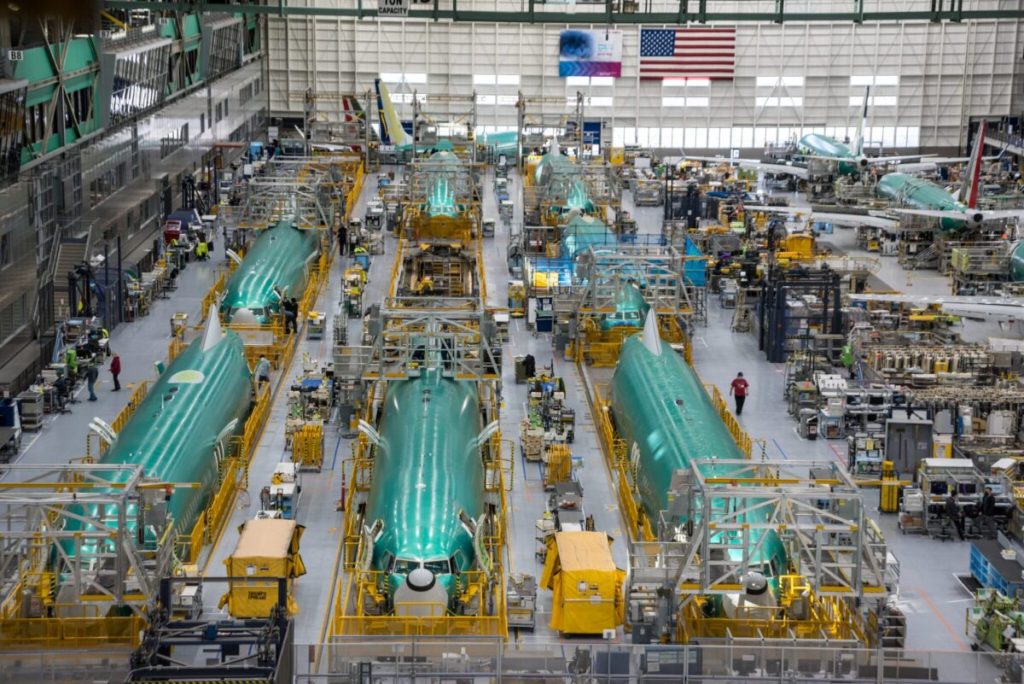In response to the Alaska Airlines blowout incident last year, Boeing has implemented a safety and quality plan that has seen substantial progress. FAA chief Mike Whitaker believes that Boeing needs to focus more on safety and quality rather than profits, calling for a fundamental cultural shift at the company. Whitaker noted that the FAA has conducted numerous unannounced audits and status reviews with Boeing executives, and emphasized the need for ongoing oversight. The company has addressed over 70% of action items related to commercial airplane production and has implemented random quality audits in its production process.
A preliminary investigation by the National Transportation Safety Board found that bolts on the 737 Max 9 involved in the Alaska incident had been removed during final assembly and not replaced. Boeing has strengthened training for mechanics and quality inspectors, as well as implemented mandatory product safety and quality training for employees. However, a Federal Aviation Administration report in February found that Boeing’s safety culture was lacking, with a disconnect between senior management and employees involved in the company’s safety culture.
Boeing has faced a challenging year with increased federal scrutiny and allegations of shortcuts in manufacturing processes for the 787 Dreamliner and the 737 Max. Following the Alaska incident, production caps were placed on the 737 Max and oversight was increased. Former CEO Dave Calhoun resigned, and current CEO Kelly Ortberg has expressed confidence in the company’s ability to regain its position as an aerospace leader. United Airlines and Southwest Airlines have adjusted their fleet forecasts due to Boeing delays, and Southwest has exited airports as a result.
In addition, the 737-800 was involved in a fatal crash with Jeju Air, prompting inspections of all 737-800s in South Korea. A machinist strike lasting over a month paralyzed production, but Boeing resumed production in December. President-elect Donald Trump has not yet nominated a successor for FAA chief Mike Whitaker, who is set to step down on January 20. The company continues to work on improving safety and quality control standards in response to the challenges faced in the past year.
Despite the setbacks and challenges faced, Boeing remains committed to enhancing safety and quality in its production processes. The company’s progress in addressing action items related to commercial airplane production and implementing random quality audits indicates a step in the right direction. Ongoing oversight from the FAA and a focus on training and improving safety culture within the organization are key factors in Boeing’s efforts to rebuild its reputation and regain confidence in its products. As investigations continue into recent incidents, Boeing must remain vigilant in addressing safety concerns and implementing necessary changes to prevent future issues.


